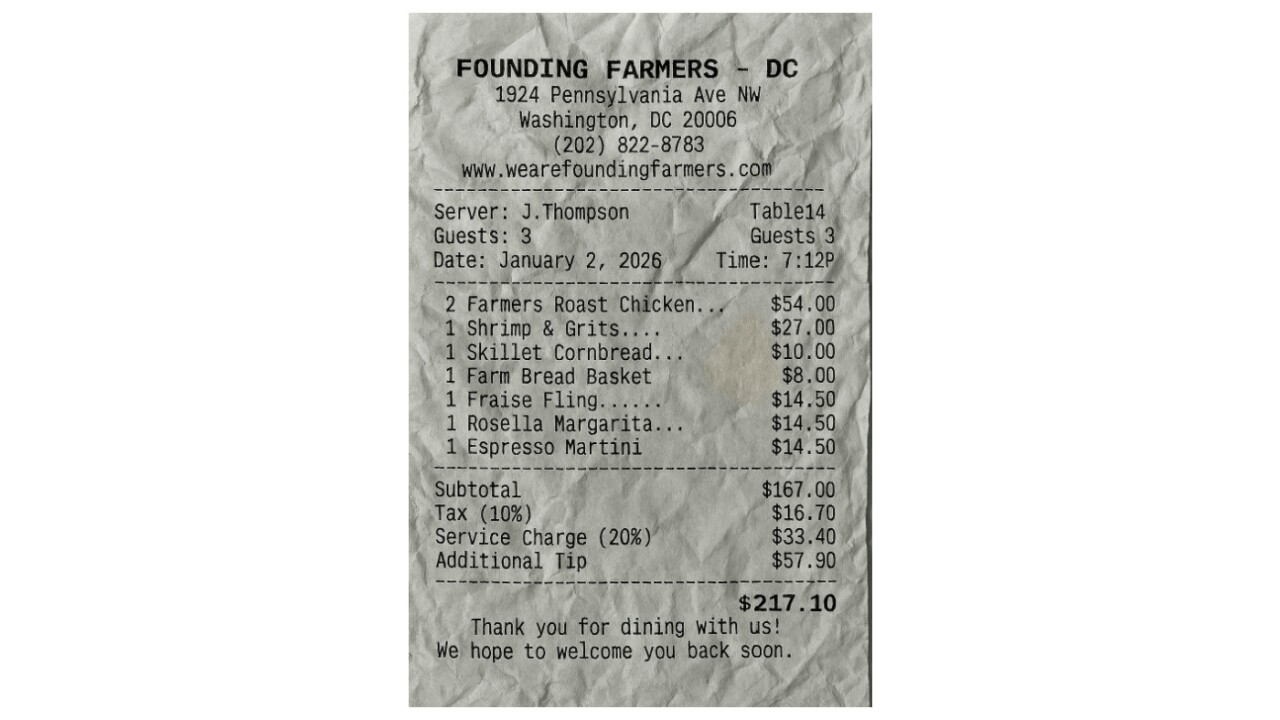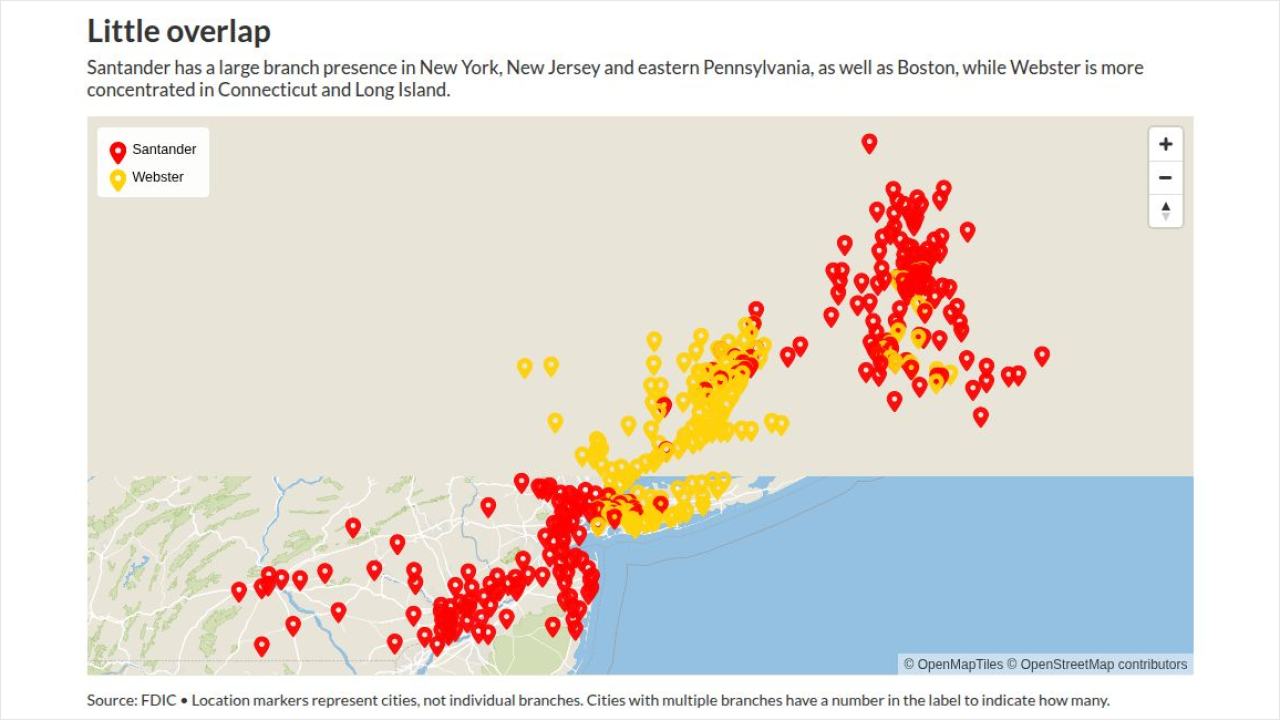Bank stocks fell Tuesday as lingering concerns about Brazil plagued the market and respectable earnings failed to attract investors.
Processing Content
The Standard & Poor's bank index fell 1.02%, while the Dow Jones industrial average eked out a 0.16% gain. The Nasdaq bank index declined 0.40%, and the S&P 500 rose 0.70%.
The biggest losers of the day included J.P. Morgan & Co., down $2.8125, to $105.9375; First Union Corp., off $1.875, to $58.25; and Wachovia Corp., down $3,to $87.
Banks stocks sold off heavily last week, when Brazil first said it would no longer support its flagging currency, the real.
They rallied Friday on earnings prospects. But after a long weekend, Friday's optimism gave way to fresh skepticism. Investors apparently wondered whether they had stopped worrying too soon.
"Many of the bank names are very weak," noted Scott Edgar, research director of Sife Trust Fund, a major bank stock investor. Last July, he said, "we overreacted to the events around the world, but in the past two months we have underreacted to events around the world. Brazil spooked the market for a day, and 24 hours later everything was A-O.K.
"Investors shrugged off the problems with Brazil pretty quickly, but Brazil's problems could be much longer lasting," he said. "As investors think about this more, it is likely to dampen our market, which is what we are seeing today."
Investors should be concerned about long-term ramifications from Brazil, said chief economist Sung Won Sohn of Wells Fargo & Co. "Devaluation is not a panacea," Mr. Sohn said in a recent report. "The chances of a success without the needed fiscal reforms are slim."
Brazil's troubles also could spread to other countries, he said. "If Brazil sneezes, the rest of Latin America catches pneumonia."
U.S. financial intermediaries have $16.8 billion in loans outstanding to Brazil, In contrast, the numbers are $12.8 billion for Germany and $5.2 billion for Japan, said Mr. Sohn, citing statistics from the Bank for International Settlements.
Despite these numbers, Mr. Sohn pointed out that bank stock investors may be overreacting to events in Brazil.
"In the 1980s, almost all of the exposure to Latin America was through commercial banks, but now commercial banks don't account for even half of the total exposure" because of mutual funds and other financial vehicles that are invested in the country, Mr. Sohn said. "The market does not really understand that banks are not the biggest players this time."
Bank stock investors also were less enthusiastic about bank earnings, even though many earnings reports met or exceeded analysts' estimates.
"I would have expected a rally in the multinational bank stocks today," said bank analyst Frank J. Barkocy of Josephthal & Co. "I thought earnings would have been strong enough and prospects for the current year attractive enough to bring in more investors to the group."
It seems "the bigger the bank, the noisier the quarter," said James Ellman, portfolio manager with GT Global Financial Services. "The real excitement this quarter," he said, "is coming out of the credit card industry" and other sectors.
In spite of the selloff, investors still have a wait-and-see attitude, Mr. Ellman said.
"Domestically, banks are doing well," he said, but added: "Everything is balanced on a knife's edge: if the economy falls in the wrong direction, there will be negative impact on the multinational banks."





